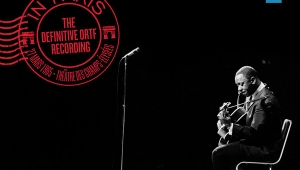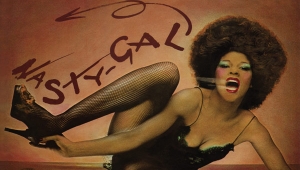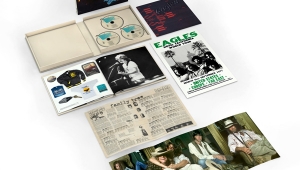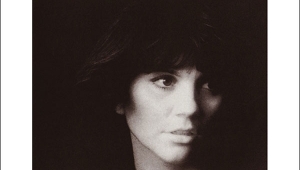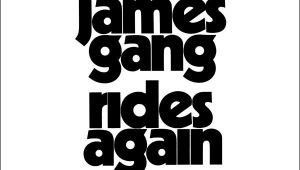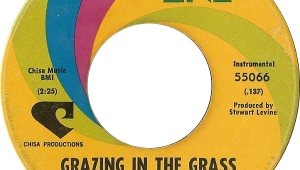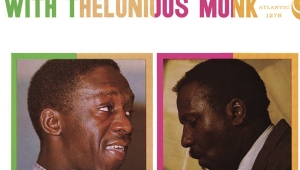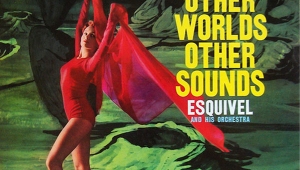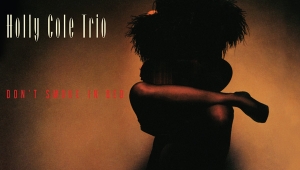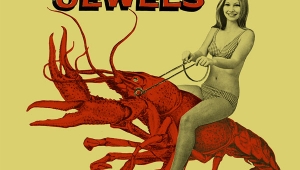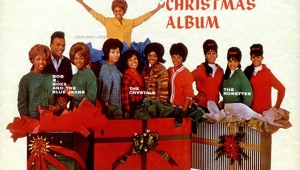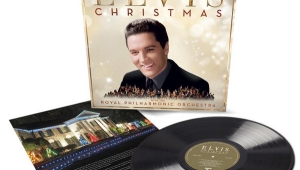| Columns Retired Columns & Blogs |
"any film that opens with 20 minutes where nary a word is spoken"; i agree 100% that to many dialog is become a standard in todays cinema. Like we are watching Woody Allen all the time. Also to me, music in TWBB is apsolutely corensponding with scenography. Totaly ascetic and non compromising. Rare occasion that after 10 minutes of the movie i definitly knew that i like it...



